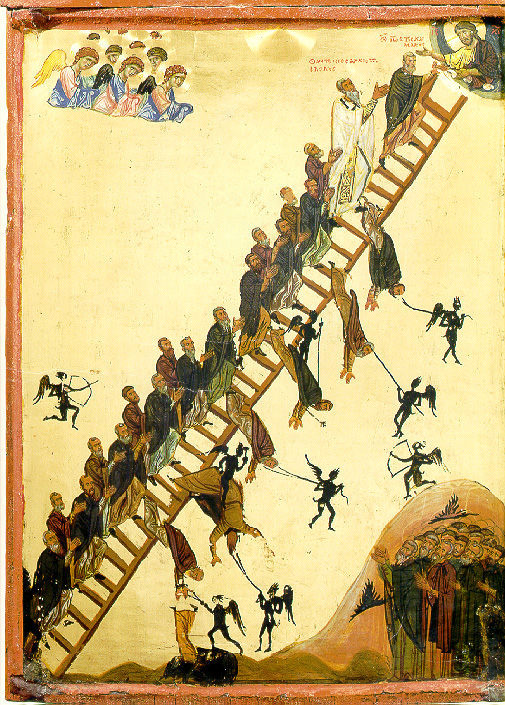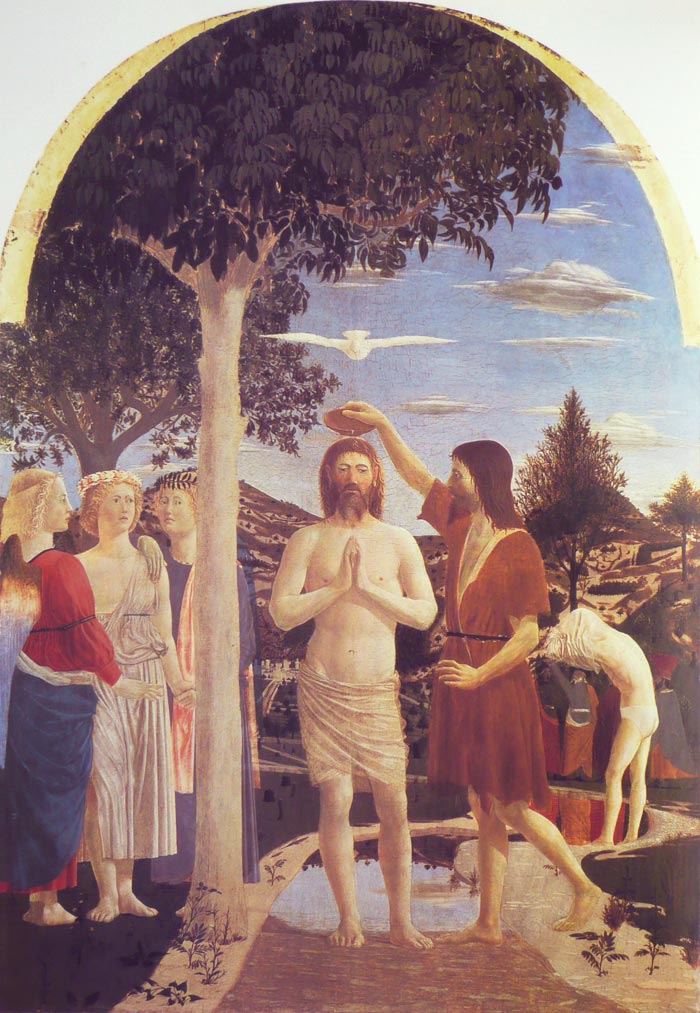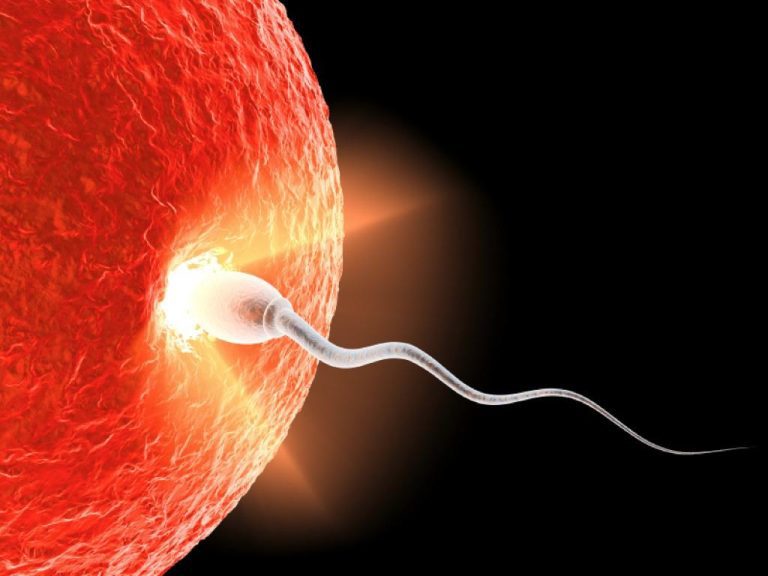Today’s Reading is Mark 7: 1-13. In it, the Pharisees complained about Jesus’ disciples not washing themselves before eating. Jesus was, and is, not impressed with people who replace worshiping God with worship of human precepts. Jesus answers their false, man-made faith by quoting the well-known words from Isaiah 19:13:
This people honors me with their lips,
but their hearts are far from me;
In vain do they worship me,
teaching as doctrines human precepts.
Today, some who prefer schismatic, human-centered worship call themselves “Christian” but disregard Christ’s teaching. One of Jesus’ basic teachings comes from Matthew 16: 18-20.
Clearly, Jesus is saying that He is building one church. He is putting one man in charge. That man, and the church he builds, will have “the keys of the kingdom of Heaven”. His plain, simple words tell us that His Church, built on Peter and led by his successors, will have the power to forgive sins. There is no question about the clear, simple meaning of the words.
Some turn away from His clear, simple words. Many in schism ignore, and some revile, the only Church He specifically authorized. Th0se in man-made schisms prefer their “human precepts“, and teach them “as doctrines”. They are too blind to understand that Jesus says about them in every age: “In vain do they worship me, teaching as doctrines human precepts.” They particularly do not realize that “vain”, in this case, refers to the inability of those who teach their human precepts as doctrine to get into Heaven.
Can anything sum up the man-made schisms better than “In vain do they (schismatics) worship me, teaching as doctrines human precepts.”
Look at the lost souls in schism. Each man-made schism, and there are over 40,000 of them, has their own, man-made ideas, and is “teaching as doctrines human precepts”. Each is ignoring the clear words of Matthew 16: 18-20. Can schismatics avoid spending eternity as far from The Kingdom of Heaven as their words contradict what Jesus, and Isaiah, said about them?





